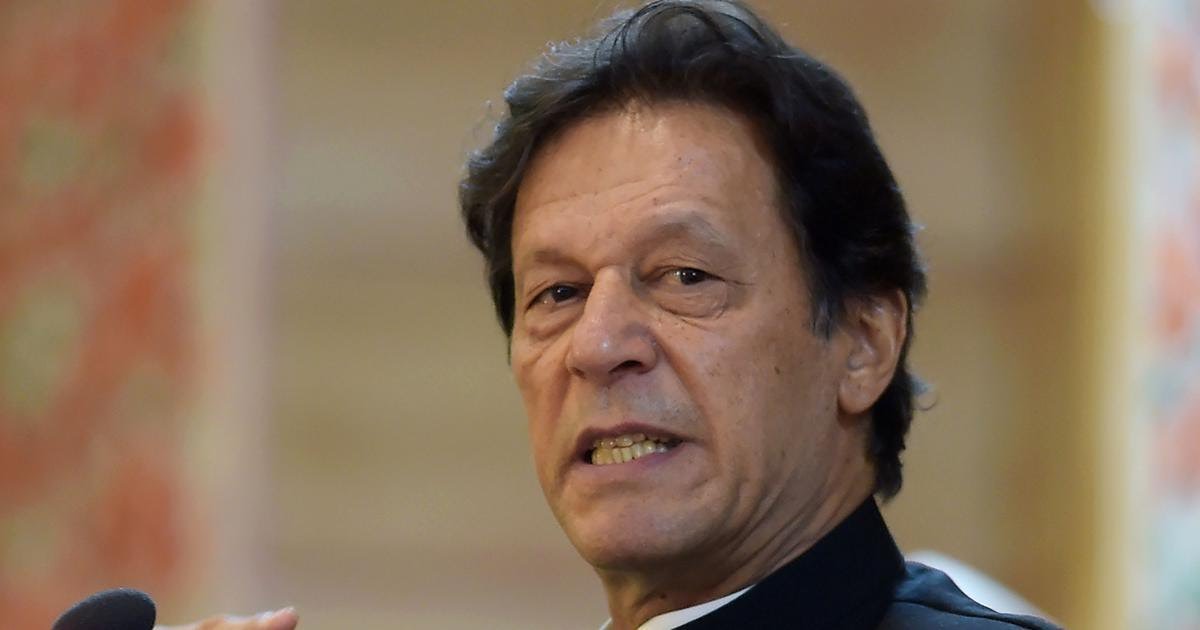On Thursday Pakistan Cabinet rejected the country’s Economic Coordination Council’s (ECC) proposal to lift a nearly two-year old ban on sugar and cotton imports from India. Pakistan Finance Minister Hammad Azhar had on Wednesday announced the ECC, a top decision-making body, has allowed the private sector to import 0.5 million tonnes of white sugar as Islamabad tries to keep soaring domestic prices in check.
However, a Cabinet meeting chaired by Prime Minister Imran Khan on Thursday rejected the ECC proposal to import cotton yarn and sugar from India, Geo TV reported, citing sources. There was no official word on the decision of the Cabinet.
Ahead of the Cabinet meeting, Khans close aide and Minister for Human Rights Shireen Mazari said that all ECC decisions have to be approved by Cabinet and only then they can be seen as “approved” by the government.
Foreign minister Shah Mehmood Qureshi told a local TV news channel that “there was an emerging perception that relations with India have moved towards normalisation and trade has been resumed”. “In the cabinet meeting, there was a unanimous opinion that as long as India does not review the unilateral steps it took on August 5, 2019, normalising relations with India will not be possible,” he said, adding that this was the prime minister’s opinion as well.
The decision to turn down Wednesday’s announcement was taken hours after the human rights minister said that cabinet will review Economic Coordination Committee (ECC) decisions related to trade with India. Taking to Twitter, the minister had said it was only after the cabinet’s approval that the decision will be considered “approved by the government”.
An official statement issued by the government on Wednesday had stated that ECC had allowed the commercial import of white sugar from India till June 30, 2021, through land and sea routes, on the basis of the quota issued by the ministry of commerce.
Pakistan was one of the leading buyers of Indian cotton until 2019, when Islamabad banned imports of goods from India after New Delhi revoked the special status of Jammu and Kashmir.
India is the world’s biggest producer of cotton and the second biggest sugar producer. Exports to its neighbour will reduce surpluses that are weighing on its local markets, while it would have helped Pakistan to lower soaring sugar prices ahead of Ramadan.
In May 2020, Pakistan had lifted the ban on import of medicines and raw material of essential drugs from India amid the Covid-19 pandemic. Ties between India and Pakistan nose-dived after a terror attack on the Pathankot Air Force base in 2016 by terror groups based in Pakistan. Subsequent attacks, including one on an Indian Army camp in Uri, further deteriorated the relationship.
The ties strained further after India’s war planes pounded a Jaish-e-Mohammed terrorist training camp deep inside Pakistan on February 26, 2019 in response to the Pulwama terror attack in 2019 in which 40 CRPF jawans were killed. India’s move to revoke the special status of Jammu and Kashmir in August, 2019 angered Pakistan, which downgraded diplomatic ties with India and expelled the Indian High Commissioner in Islamabad. Pakistan also snapped all air and land links with India and suspended trade and railway services.

